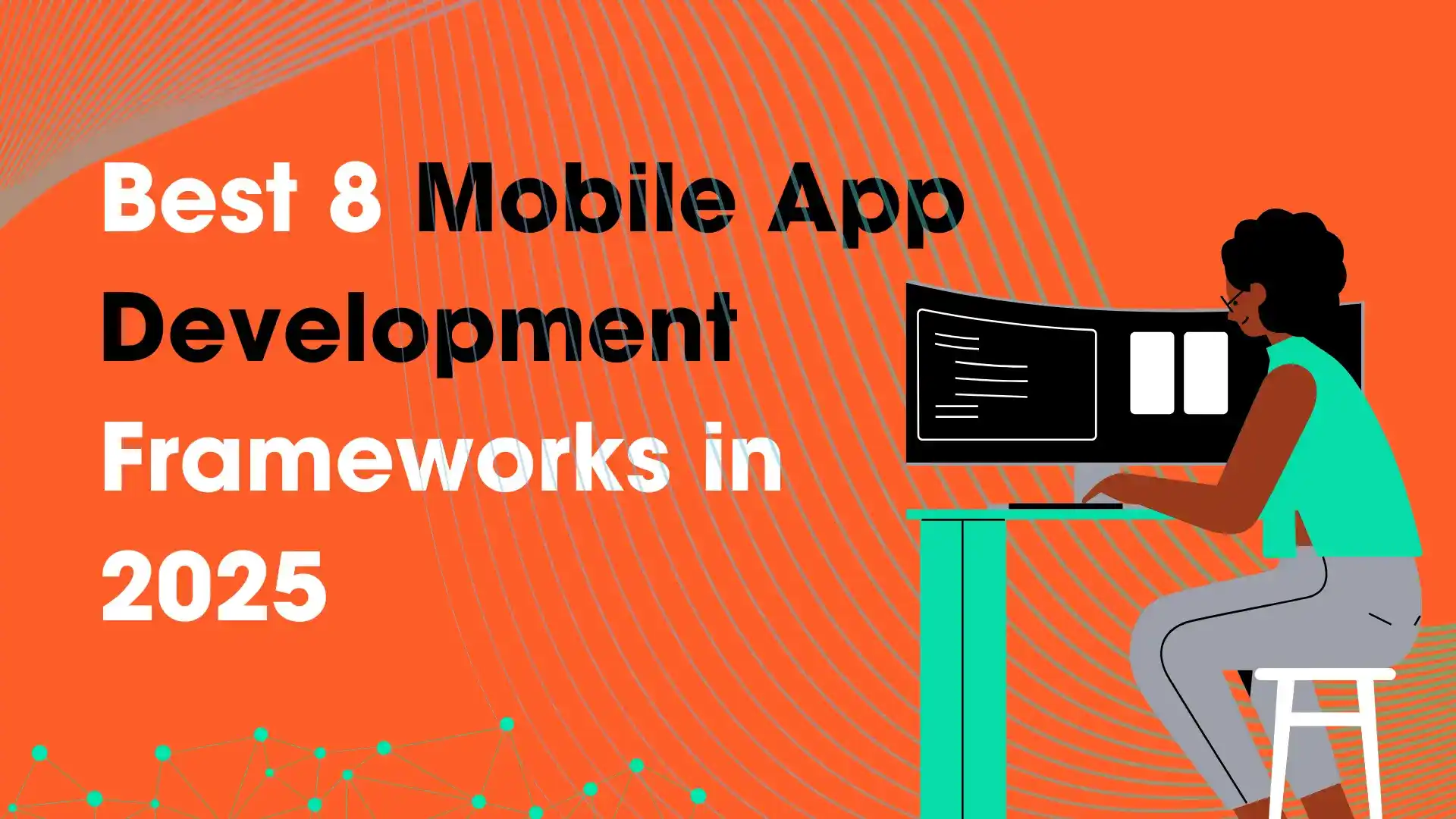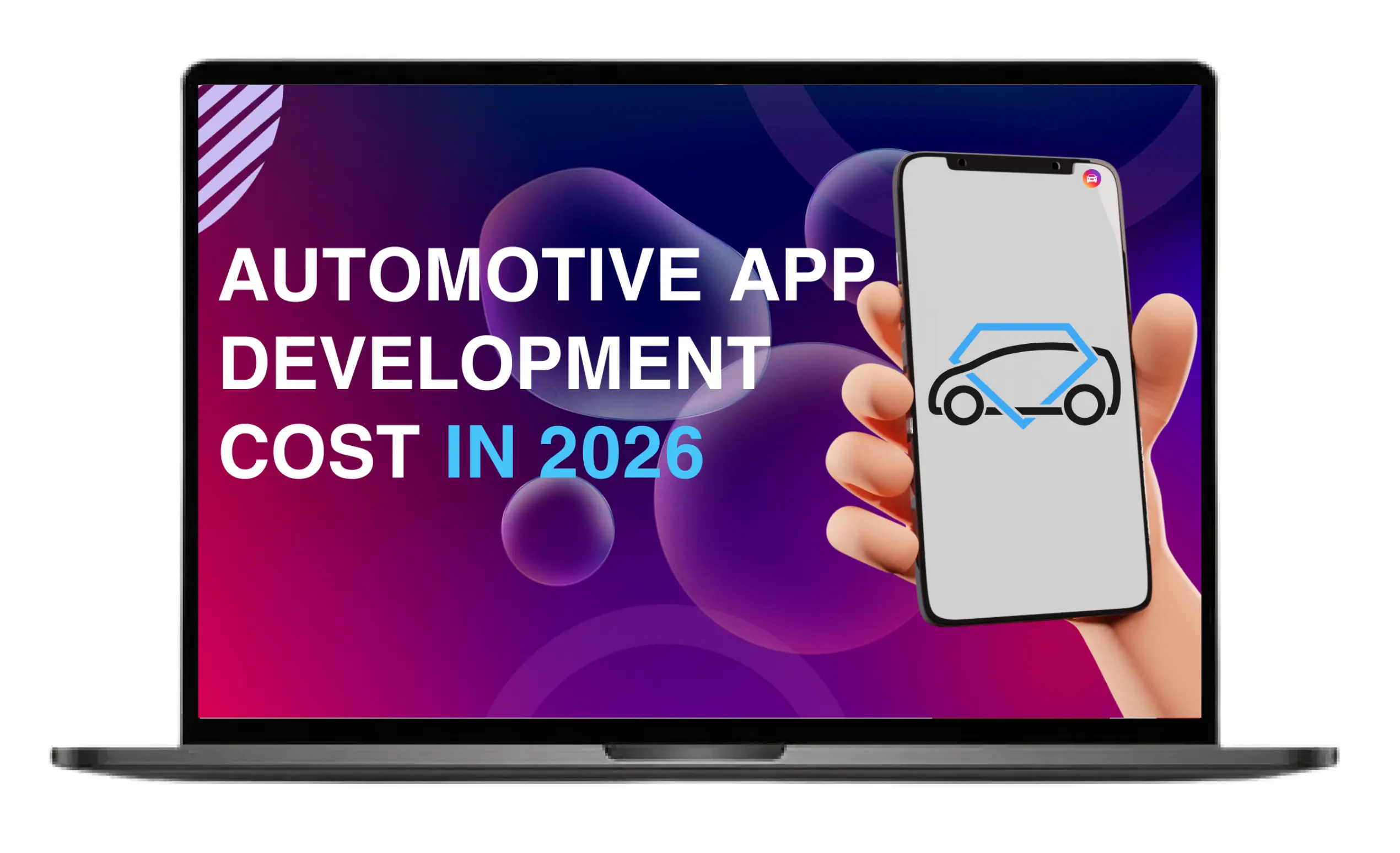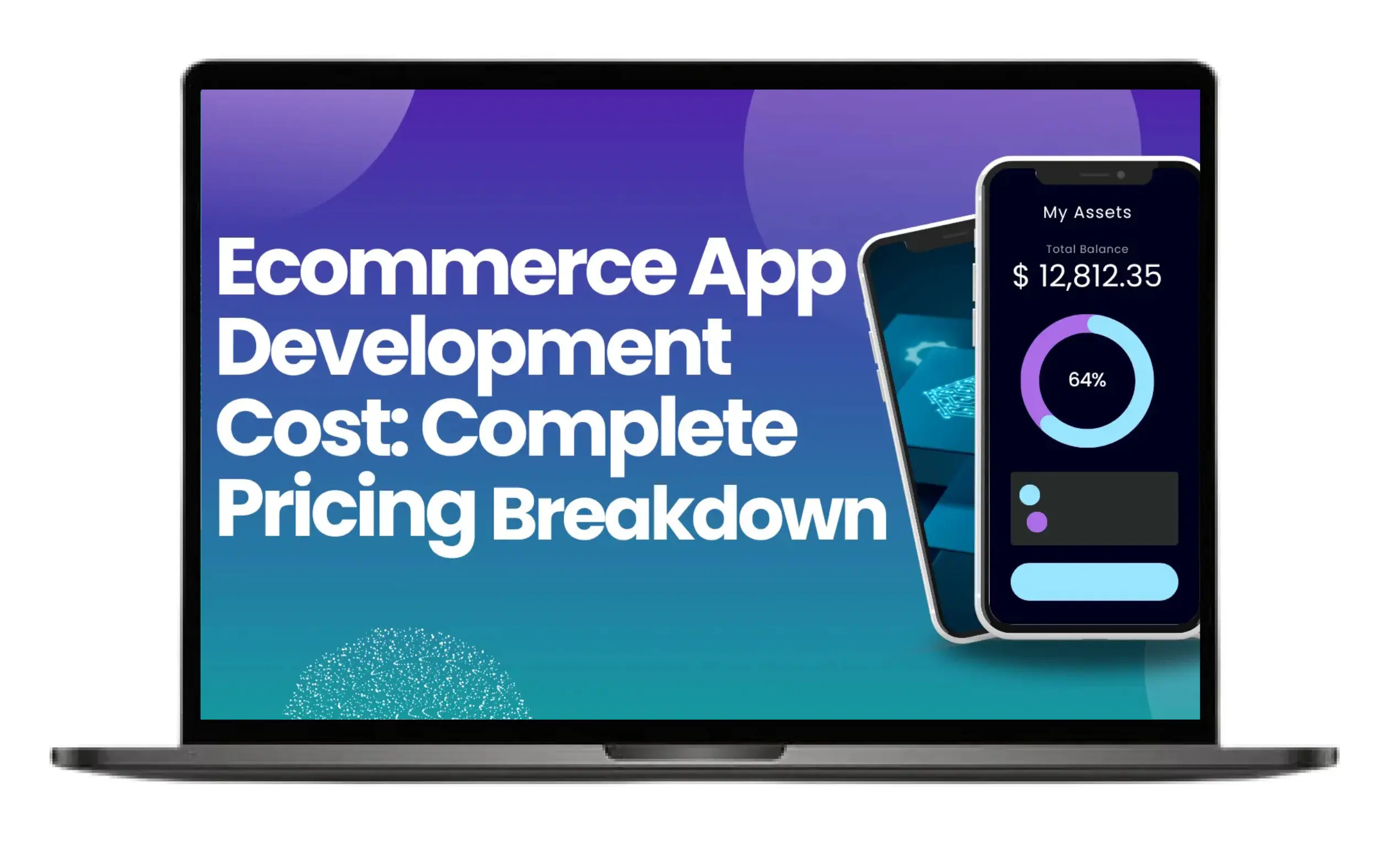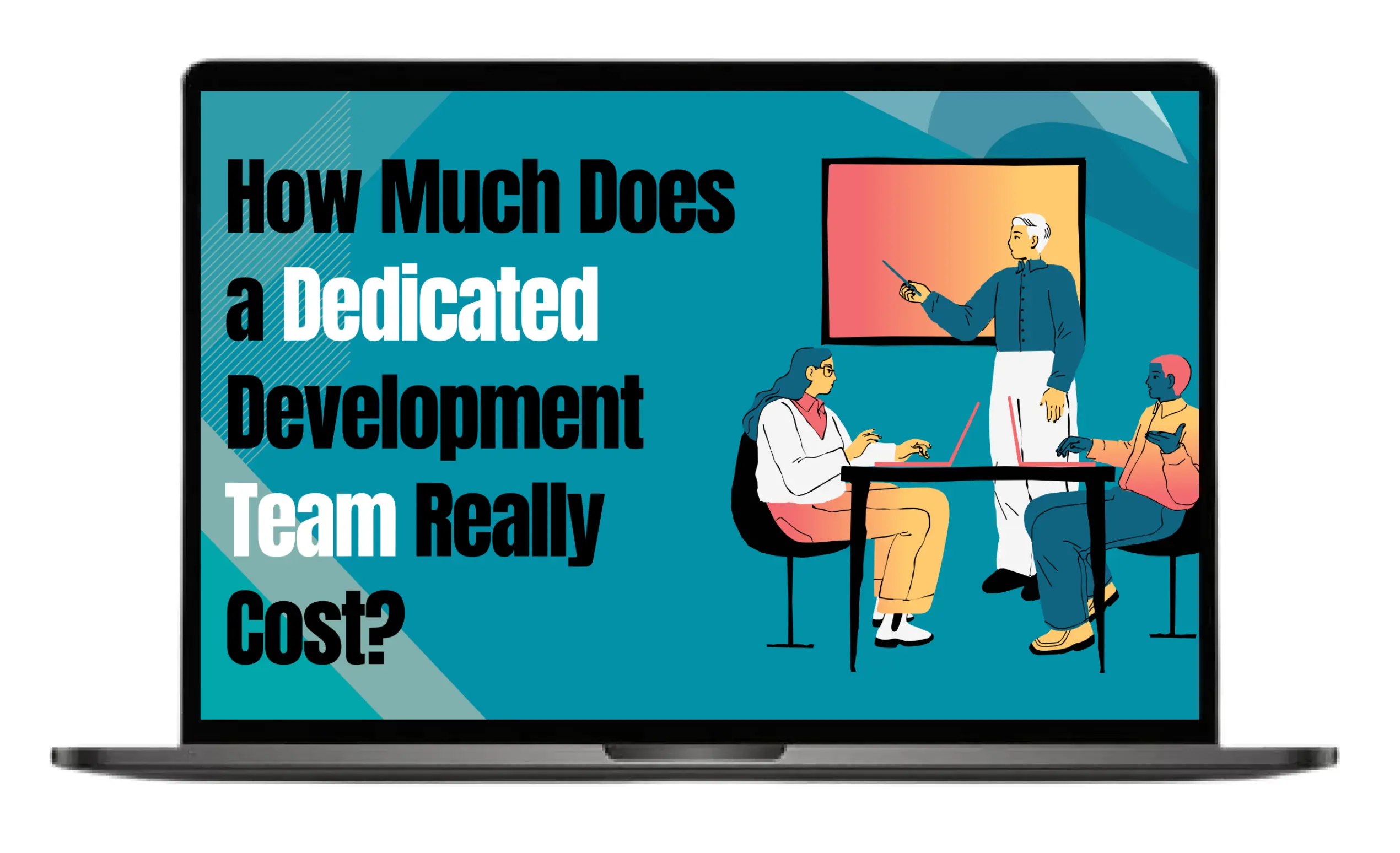
Did you ever hear that mobile apps earned more than $500 billion in revenue globally in 2024? The power of mobile apps cannot be overlooked in business in 2025. The appropriate mobile application development framework facilitates quicker, less costly, and scalable app development.
In this blog, we will take you through the 8 mobile app development frameworks which all developers and businesses must be aware of in 2025.
What Are Mobile App Development Frameworks?
A mobile application development framework is a collection of tools and libraries that assists developers to create apps more quickly. It offers pre-written code, structure, and capabilities to have apps without starting from zero.
Following are best mobile app development frameworks:
- Flutter
- React Native
- Xamarin
- SwiftUl
- Kotlin
- Ionic
- Apache Cordova
- Unity
Types of Frameworks
Frameworks are of three major types:
- Native frameworks develop apps which only support a single platform, such as iOS or Android.
- Cross-platform frameworks allow the developer to create a single application that can run on numerous platforms.
- Hybrid frameworks integrate mobile functions with web technologies.
These frameworks save time, cost less and enhance performance. They also assist businesses to roll out apps within a short time and target a larger audience.
Criteria for Choosing the Best Mobile App Development Framework
The selection of the appropriate framework is highly significant. It influences the pace, development, and performance of your application. The main criteria are:
- The framework must offer optimal performance and speed to ensure that the app works smoothly.
- It must possess good UI and UX features so that it can provide a high-quality design and user experience.
- The framework should be scalable and highly community-based in terms of updates and support.
- It must be cost effective to save time and money during development.
Best 8 Mobile App Development Frameworks in 2025
Every business needs mobile apps in 2025. Frameworks are significant since they determine the speed at which an application is developed, the ease with which it is used and its cost. The following eight mobile app development frameworks are the best you need to know this year:
_1758121992_11zon_1771926636.webp)
Flutter
Flutter is an open-source framework by Google which allows developers to develop apps that can run on multiple platforms with a single codebase. It works with iOS, Android, web and even desktop applications. It has a fast and flexible development with its hot reload feature. Flutter is popular among applications requiring a beautiful design and smooth animation.
Advantages:
- A single codebase is used in iOS, Android, web, and desktop.
- Hot reload-fast development.
- Diverse collection of customizable UI components.
- Good community and frequent updates by Google.
React Native
One of the widely used hybrid app development frameworks is React Native created by Meta. It is based on JavaScript and React, so that web developers can easily transition to mobile. React Native apps are nearly native apps that conserve time and cost due to reusable code. It has been used by many large brands such as Instagram, Airbnb, and Uber as well.
Advantages:
- Premier performance and almost native experience.
- Cross-platform reusable code.
- Huge ecosystem consisting of third-party libraries and plugins.
- Supported by a global developer community with Meta.
Xamarin (.NET MAUI)
Xamarin, which is currently under Microsoft.NET MAUI, assists developers to create native-like applications. It is written in C# and .NET, which is ideal when one already knows Microsoft technologies. Xamarin also offers access to native APIs and therefore apps can run well and yet save time using shared codes. It is mostly applicable to enterprise-tier applications where stability and durability are required.
Advantages:
- Natural performance with device functions.
- Microsoft ecosystem integration (C#, Visual Studio, .NET).
- Good enterprise support and reliability.
- Shared codebase saves the cost and time of development.
SwiftUI
SwiftUI is the new Apple framework used to create apps on iOS, iPadOS, MacOS, and watchOS. It is written in Swift programming language and is written in simple declarative coding. Using SwiftUI, software developers can produce apps that are both beautiful and compatible with the Apple devices. It is the most appropriate option for firms with Apple and premium users.
Advantages:
- Most ideal framework used in iOS and Apple ecosystem apps.
- Intuitive tools to design a smooth UI and UX.
- Automatically updates itself to new iOS versions.
- Develop on a single codebase on many Apple platforms.
Kotlin Multiplatform
Kotlin Multiplatform is Google-supported and typically developed to be Android-first. It enables developers to exchange business logic and core code across platforms but develop native UIs still. This qualifies it as a good choice when you need a flexible and native app. It is becoming more popular as a business seeks a dependable cross-platform solution in 2025.
Advantages:
- Good Google backing of Android apps.
- Cross platform business logic.
- Native performance and platform-specific UI.
- Expanding community and ecosystem.
Ionic
Ionic is open-source and based on web technologies such as HTML, CSS, and JavaScript.It is an excellent choice when a web developer wishes to venture into the mobile app environment without having to learn other languages. Ionic is a hybrid app developer and provides a big list of ready-to-use UI components. It is affordable and is suitable when a startup or a business requires rapid delivery of apps.
Advantages:
- Mobile apps are easy to develop by web developers.
- Ready-made UI elements accelerate development.
- iOS, Android, and web works.
- Massive open-source community and plugin support.
Apache Cordova
One of the oldest and the most trustful hybrid structures is Apache Cordova. It enables app developers to develop mobile apps using HTML, CSS, and JavaScript and deploy them in a native container. Cordova gives the apps access to device features, such as camera and GPS, by way of plugins. Cordova is still popular in simple and cost-effective projects despite newer frameworks.
Advantages:
- App development with familiar web technologies.
- Native features are made available through the Plugin ecosystem.
- Single codebase that supports multiple platforms.
- Good on small to medium apps with tight budgets.
Unity (for gaming & AR apps)
The dominant platform of mobile game development and immersive apps is Unity. It is very common in creating 2D, 3D, AR, and VR applications which provide rich user experiences. Unity promotes cross-platform publication, which means that developers can launch games on iOS, Android, consoles, and VR devices. In 2025, it is still the preferred option among companies developing gaming or interactive applications.
Advantages:
- Optimal structure to develop a game and AR/VR.
- Cross platform publishing: Mobile, desktop and console.
- Powerful graphics and performance.
- Massive pool of assets and market.
Why is Red Star Technologies the Best for Mobile App Development?
At Red Star Technologies, we apply all the best frameworks to develop apps that are quick, modern, and easy-to-use. Our team is very familiar with both the native and cross-platform tools, and thus we select the most suitable one to use in your project.
Here's why clients trust us:
- Experienced with all key frameworks such as Flutter, React Native, SwiftUI, and Kotlin.
- Create applications that are compatible with iOS, Android, and web.
- Prioritize design, performance and user experience.
- Provide affordable services to startups and businesses.
- Maintain the updated and modern technology in apps.
Red Star Technologies provide you with scalable, secure, and 2025 and beyond apps.
FAQs
1. What is the best mobile app development framework in 2025?
It is based on your project requirements. Flutter and React Native can be used to create cross-platform apps, and SwiftUI is ideal with iOS.
2. Are cross-platform frameworks better than native ones?
Cross-platform frameworks are less expensive and less time-consuming, whereas native frameworks provide the highest platform-specific application performance.
3. Is Flutter better than React Native?
Flutter has a smoother UI and faster updates but React Native is larger in ecosystem. Both are strong choices in 2025.
4. Can I use one framework for iOS and Android apps?
Yes, Cross-platform Frameworks such as Flutter, React Native, Xamarin, and Ionic allow you to create both the apps on a single codebase.
5. Why should you hire Red Star Technologies for app development?
We are proficient in every leading framework, performance and design oriented and produce cost effective future ready apps.


















